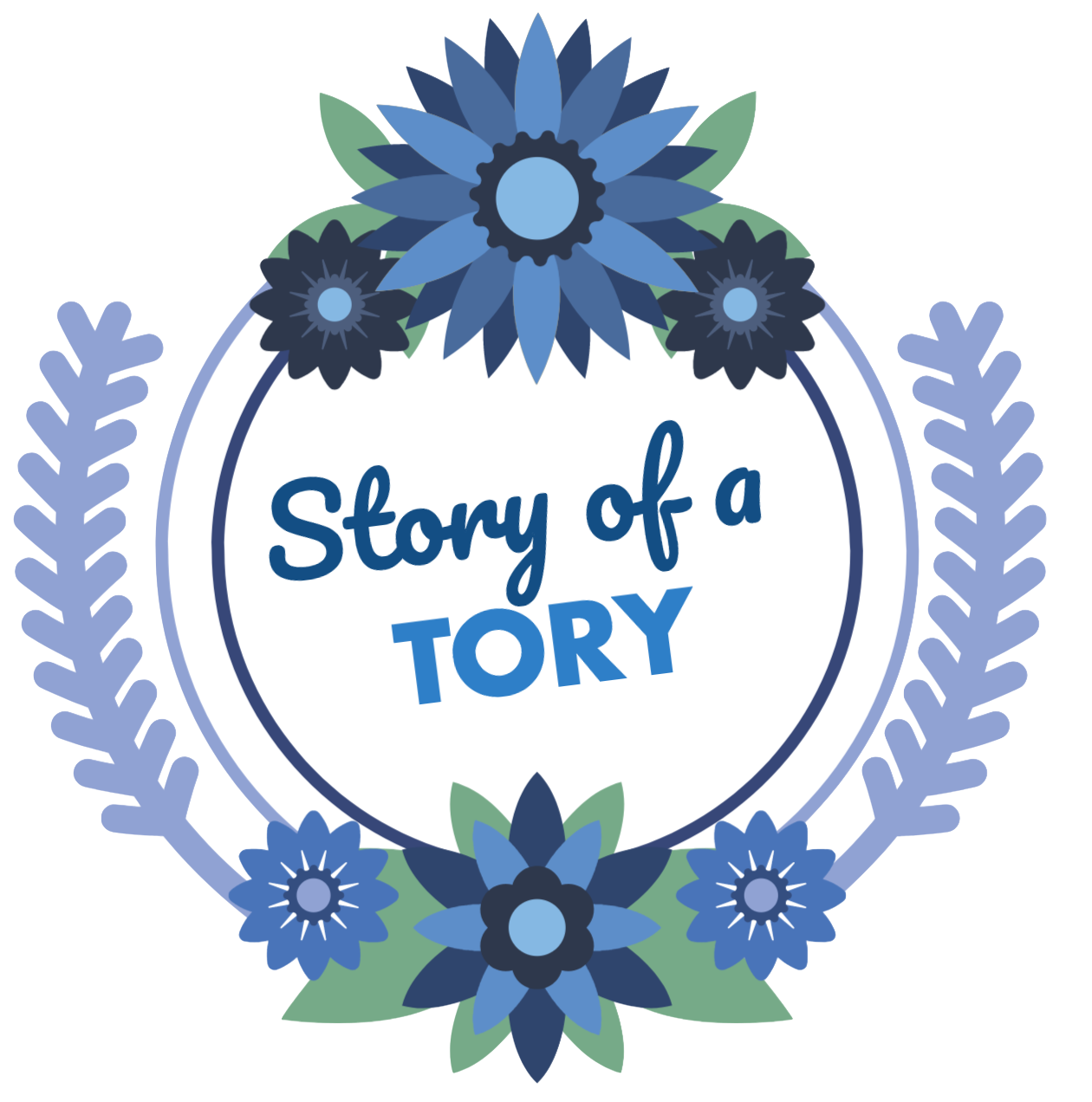Today marks the 28th anniversary of the Montreal Massacre that happened at the École Polytechnique. Four years ago, I attended a memorial of that tragedy on campus, and remember thinking, “It could have been me.”
If I was a student at the École Polytechnique, then it definitely could have been me that got killed also. As I attended that memorial, I was in my third year of engineering, holding a leadership position in my university’s engineering students’ society, and an executive member of my university’s Women in Engineering group. If I was face-to-face with Marc Lépine, he would have absolutely considered me a feminist also, and want me dead, dead for merely following my passion and standing up for my right to do so.
But he’s not around today, and I made it out of engineering alive, both figuratively and literally. However, does this mean myself, and women as a whole, are in the clear?

Image from the Canadian Encyclopedia
Since that memorial, it has gone beyond “it could have been me” to “it could be me” and even “it could be any of us.” I’m still breathing and healthy, but taking into account violence in any form against women, it has also gone to, “it has been me” and “it has been many other women” as well. While I am proud to live in a country where I have the freedom to attend university as an engineering student in addition to other rights seen as fundamental, such as the right to vote, things are still far from perfect, with women in STEM still enduring mistreatment like sexual harassment, and even death threats.
At Story of a Tory, our tagline is “Thinking outside the block with young, Conservative feminists.” We have decided to use the word “feminist” and hold it as a badge of honour, despite the negative perceptions some may have of the word. The word “feminist” has become widely associated with a generally radical left-wing movement, as well as being associated with resistance or even opposition to men. There have been times when other right-wing women I know have been criticized for identifying as both feminists and conservatives.
So how do I reconcile my political leanings with feminism, and what does this have to do with the Montreal Massacre? What I hold as my feminism is my belief that women should be afforded the same rights and liberties as men. This includes the freedom to pursue a field like engineering and not be killed for it. It also includes the freedom to having your own political opinion, which is part of the reason why my friends and I created Story of a Tory. I don’t care about what some people may think of the word “feminism.” Not when women today are facing violence in Canada and around the world.
That being said, gender-based violence is not an issue that should ever be politicized. Parties may debate strategies for addressing this issue, but what is critical is that we not forget that no political party has a monopoly on caring about the well-being of women; this is something we should all strive for, and this is something we need to be united behind.
Lastly, we cannot forget the past when fighting for our freedom into the future. Here are the names of the fourteen women (twelve engineering students, one nursing student, and one university employee) who had their lives taken away by a man who refused to accept that women should have the freedom to pursue engineering:
Geneviève Bergeron
Hélène Colgan
Nathalie Croteau
Barbara Daigneault
Anne-Marie Edward
Maud Haviernick
Barbara Klucznik Widajewicz
Maryse Laganière
Maryse Leclair
Anne-Marie Lemay
Sonia Pelletier
Michèle Richard
Annie St-Arneault
Annie Turcotte
Yes, it could have been me, but it most certainly was them. Let’s never forget this, and never stop striving for the eradication of violence against women.
Disclaimer: Story of a Tory is in no way affiliated with the Conservative Party of Canada or any other political party, be it federal or provincial. The views of each author are independent of all other authors.

0 Comments